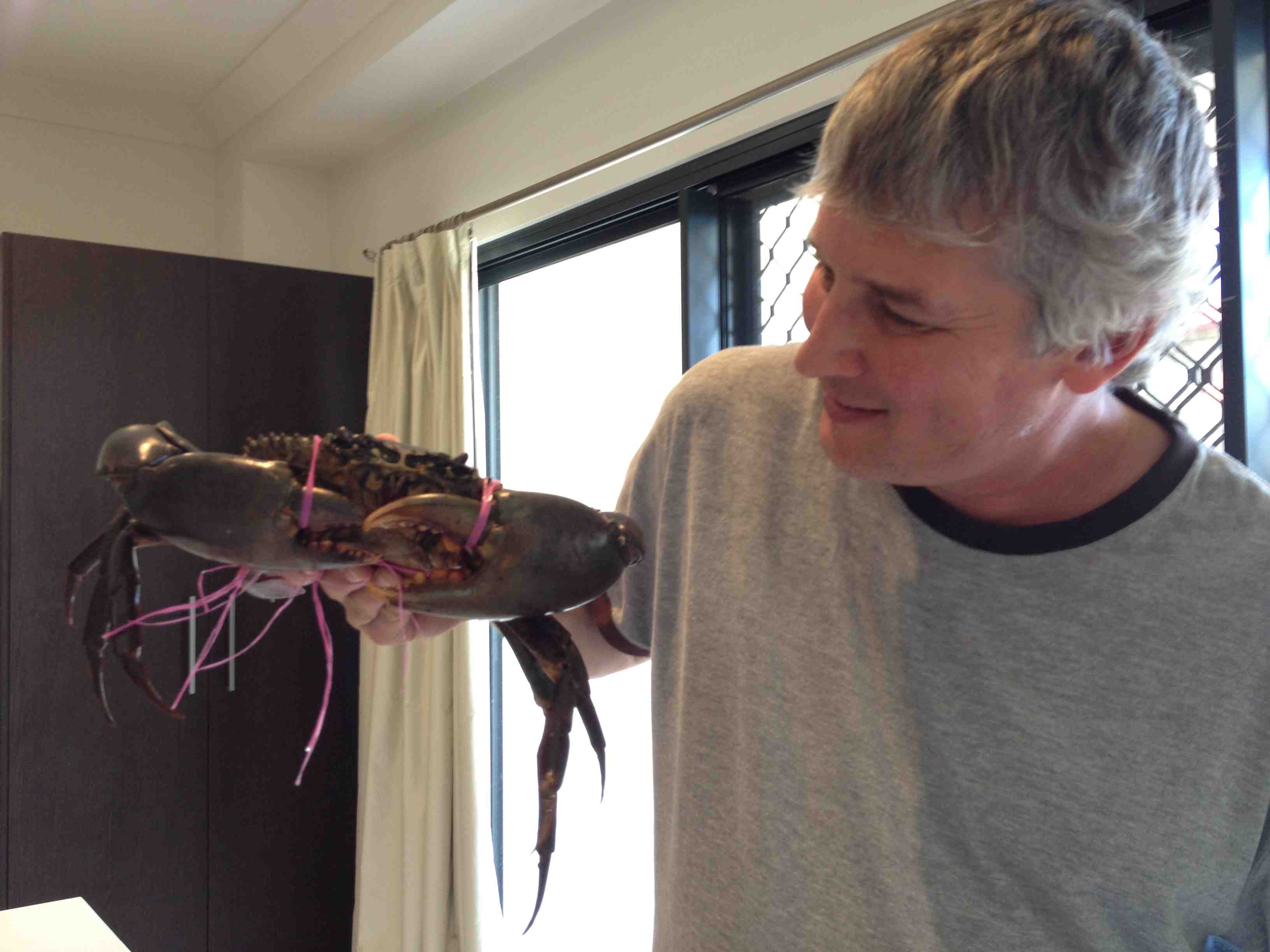I’m not partial to a particular religion but do enjoy a good yarn; and a muddie.
Maria Goody of NPR’s food blog writes: “It sounds like the plot of a Dan Brown thriller: A powerful medieval pope makes a secret pact to prop up the fishing industry that ultimately alters global economics.  The result: Millions of Catholics around the world end up eating fish on Fridays as part of a religious observance.
The result: Millions of Catholics around the world end up eating fish on Fridays as part of a religious observance.
"Many people have searched the Vatican archives on this, but they have found nothing," says Brian Fagan, a professor emeritus of archaeology at the University of California, Santa Barbara, whose book, Fish On Friday, explores the impact of this practice on Western culture.
“According to Christian teaching, Jesus died on a Friday, and his death redeemed a sinful world. People have written of fasting on Friday to commemorate this sacrifice as early as the first century.
“Technically, it’s the flesh of warm-blooded animals that’s off limits — an animal "that, in a sense, sacrificed its life for us, if you will," explains Michael Foley, an associate professor at Baylor University and author of Why Do Catholics Eat Fish On Friday?
“Fish are coldblooded, so they’re considered fair game. "If you were inclined to eat a reptile on Friday," Foley tells The Salt, "you could do that, too."
“As the number of meatless days piled up on the medieval Christian calendar — not just Fridays but Wednesdays and Saturdays, Advent and Lent, and other holy days — the hunger for fish grew. Indeed, fish fasting days became central to the growth of the global fishing industry. But not because of a pope and his secret pact.
“By the time King Henry VIII ascended the throne in 1509, fish dominated the menu for a good part of the year. As one 15th century English schoolboy lamented in his notebook: "Though wyll not beleve how werey I am off fysshe, and how moch I desir to that flesch were cum in ageyn."
But after Henry became smitten with Anne Boleyn, English fish-eating took a nosedive. The king broke off from the Roman Catholic Church, declared himself the head of the Church of England and divorced his wife so he could marry Anne. Suddenly, eating fish had become political. Fish was seen as a " ‘popish flesh’ that lost favour as fast as Anglicism took root," as Kate Colquhoun recounts in her book Taste: The Story of Britain Through Its Cooking.
“Fishermen were hurting. So much so that when Henry’s young son, Edward VI, took over in 1547, fast days were reinstated by law — "for worldly and civil policy, to spare flesh, and use fish, for the benefit of the commonwealth, where many be fishers, and use the trade of living."
Whatever the reason, people eat a lot of fish on Fridays. Especially Good Friday.
The Sydney Fish Market, by the shores of the harbor at Pyrmont, expected to sell 350 tonnes of fresh seafood this week as families prepared their Easter feasts.
I contributed in Brisbane by visiting our fish monger and trying a muddie on my own.
Mud crabs and variations are available in the estuaries of Africa, Australia and Asia. In Queensland, muddies are “relatively common and generally prized above other seafood” at least according to wiki.
But not as plentiful as lobster once was in the U.S. — a bottom-feeding animal no civilized 19th-century American would want to eat. David Foster Wallace explained in his 2004 essay “Consider the Lobster,” an abundance of lobsters in the Northeast meant that they were cheap food, which could be fed to prisoners. In fact, there were laws against feeding too much lobster to prisoners, as it was seen as cruel and unusual punishment; “like feeding them rats.”
Muddies are not priced like rats.
At the Sydney Fish Market, retired truck driver Ray Mathews, 68, said his trader friends never revealed how business was going, even if the cash flow was very much in the black.
"Everyone tells you they’ve had a bad week. When you see someone going fishing, he won’t tell you where he’s going," he said.
Today I may get some barramundi and scallops; I have a tendency to overdo things.
Safe and semi-adventurous.
